Exercise is crucial for maintaining health and well-being, particularly as we age. After the age of 50, the risk of illnesses, chronic diseases, and depression increases.
However, it’s never too late to start exercising. Regular physical activity can significantly counteract the effects of aging.
Let’s explore how:
Combating Chronic Diseases
For American women over 50, diabetes and cardiovascular diseases are among the leading causes of mortality. Lifestyle plays a significant role in these diseases.
By adopting a routine of regular exercise and a healthy diet, you can prevent, and sometimes even reverse, the effects of these conditions.
Additionally, exercise can help reduce the risk of certain types of cancer.
The general recommendation from healthcare professionals is 30 minutes of cardiovascular exercise, at least five days a week.
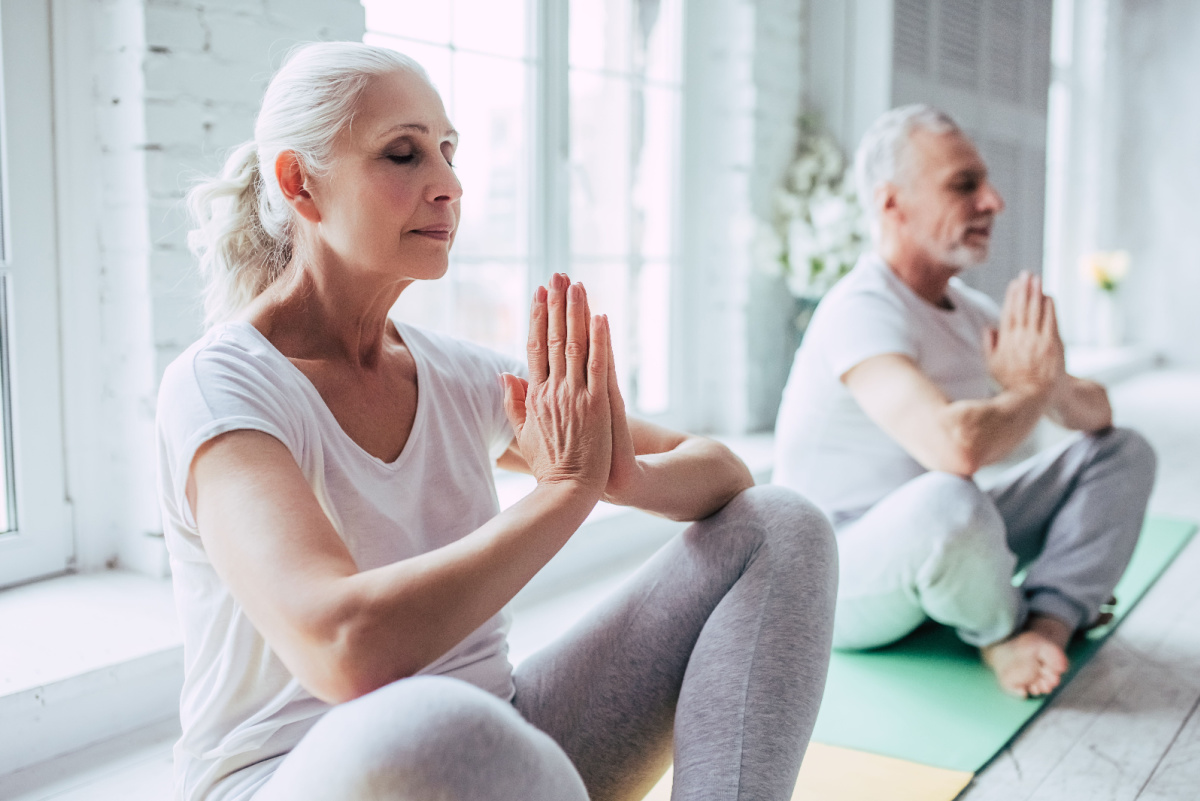
Enhancing Mental Health
Mental health is profoundly affected by aging. Life changes such as an empty nest, loss of loved ones, or retirement can lead to depression.
Exercise releases endorphins, which are chemicals that generate positive feelings in the body. This makes physical activity an effective way to manage stress and prevent depression.
Also Read: The mental and emotional benefits of dancing
Strengthening Bones
Exercise is essential for improving bone density, crucial in preventing and treating osteoporosis.
Regular physical activity enhances balance, strength, and coordination, reducing the risk of falls and bone-related injuries.
Strength training, such as weight lifting, is particularly beneficial for bone health, as it involves working against gravity.
While cardiovascular exercises like swimming and cycling are excellent for heart health, they have less impact on bone density.
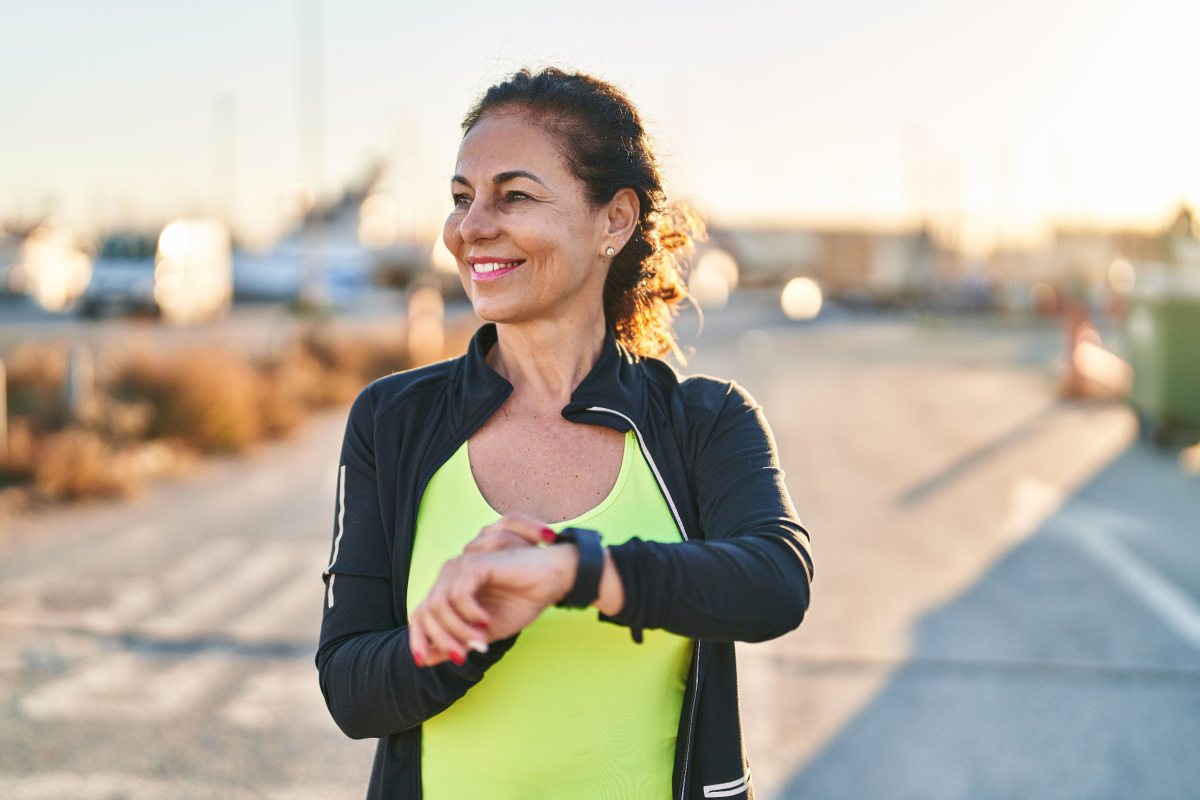
Improving quality of life
Beyond physical health benefits, regular exercise significantly enhances overall quality of life. It leads to greater happiness, health, confidence, and reduced stress.
Exercise can also offer social benefits, whether you find a workout buddy, join a group, or attend fitness classes.
Editor’s Note: Always consult with a physician before starting any new exercise program, especially if you have pre-existing health conditions or concerns.
widely-acceptedThis advice is based on widely accepted health guidelines and research. For the most current information and personalized advice, consulting healthcare professionals is recommended.

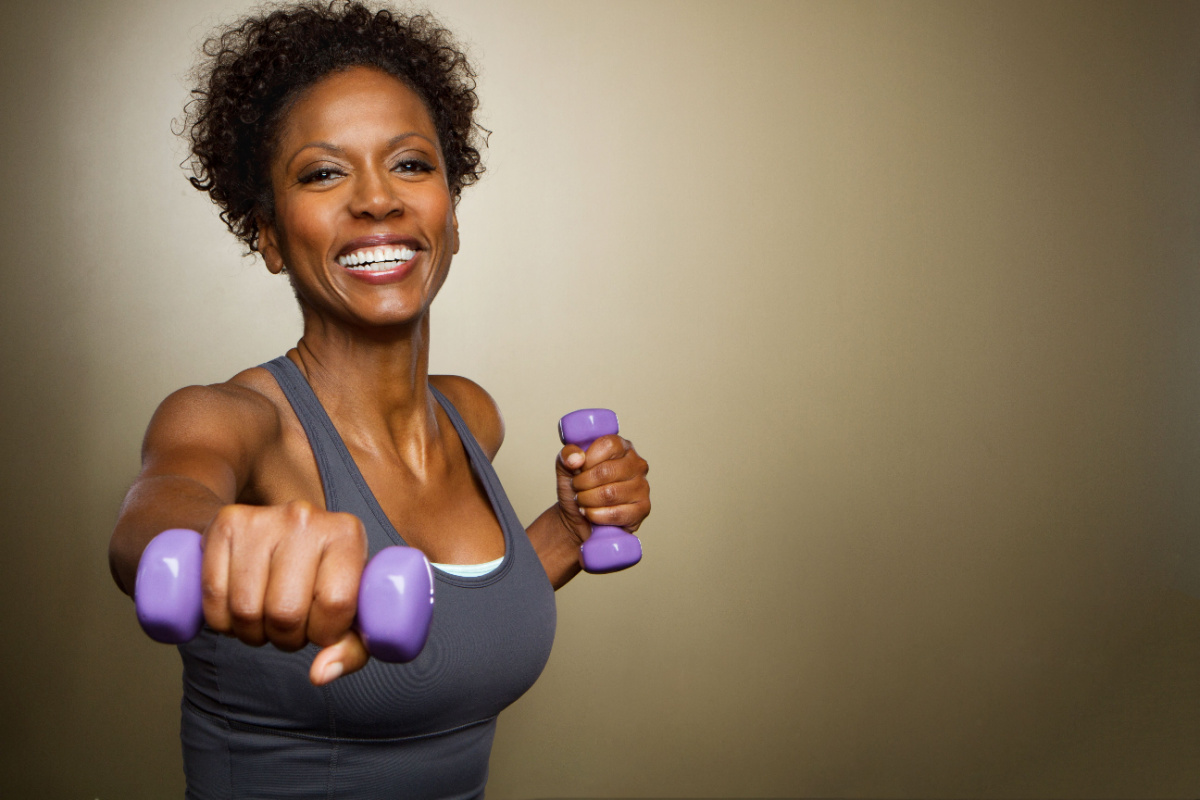
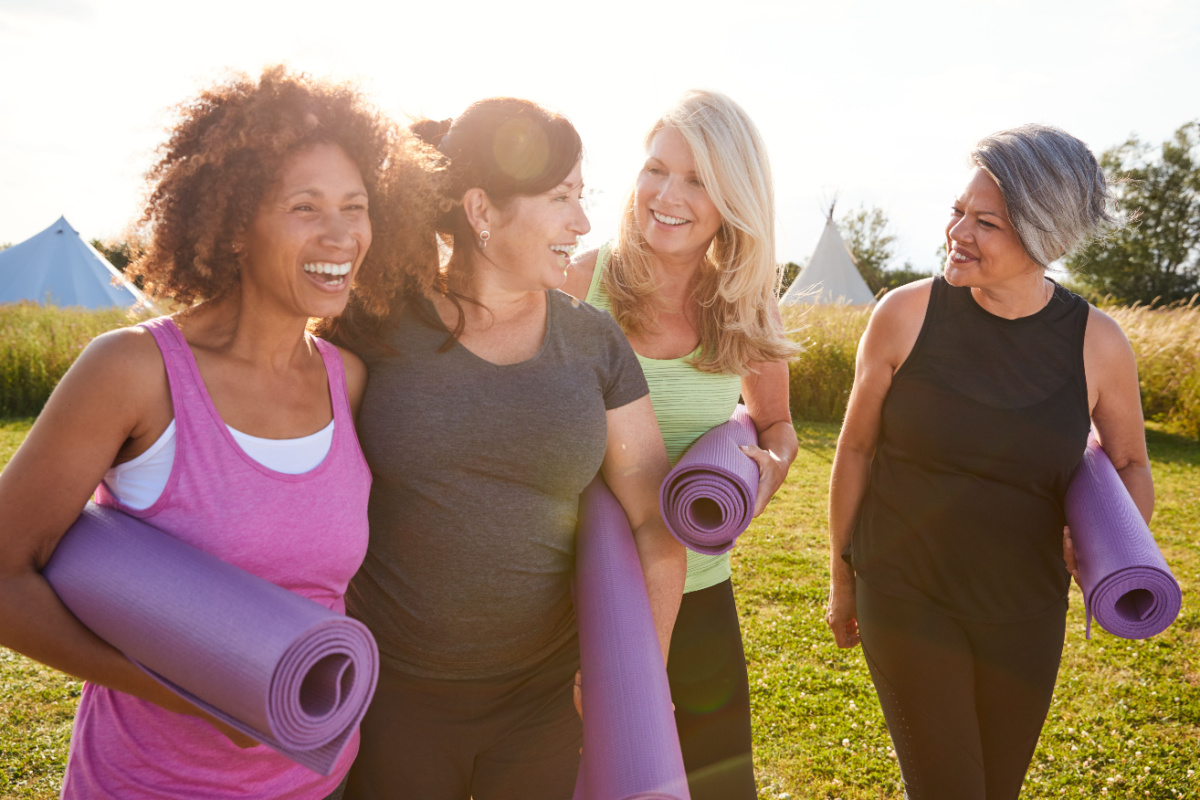
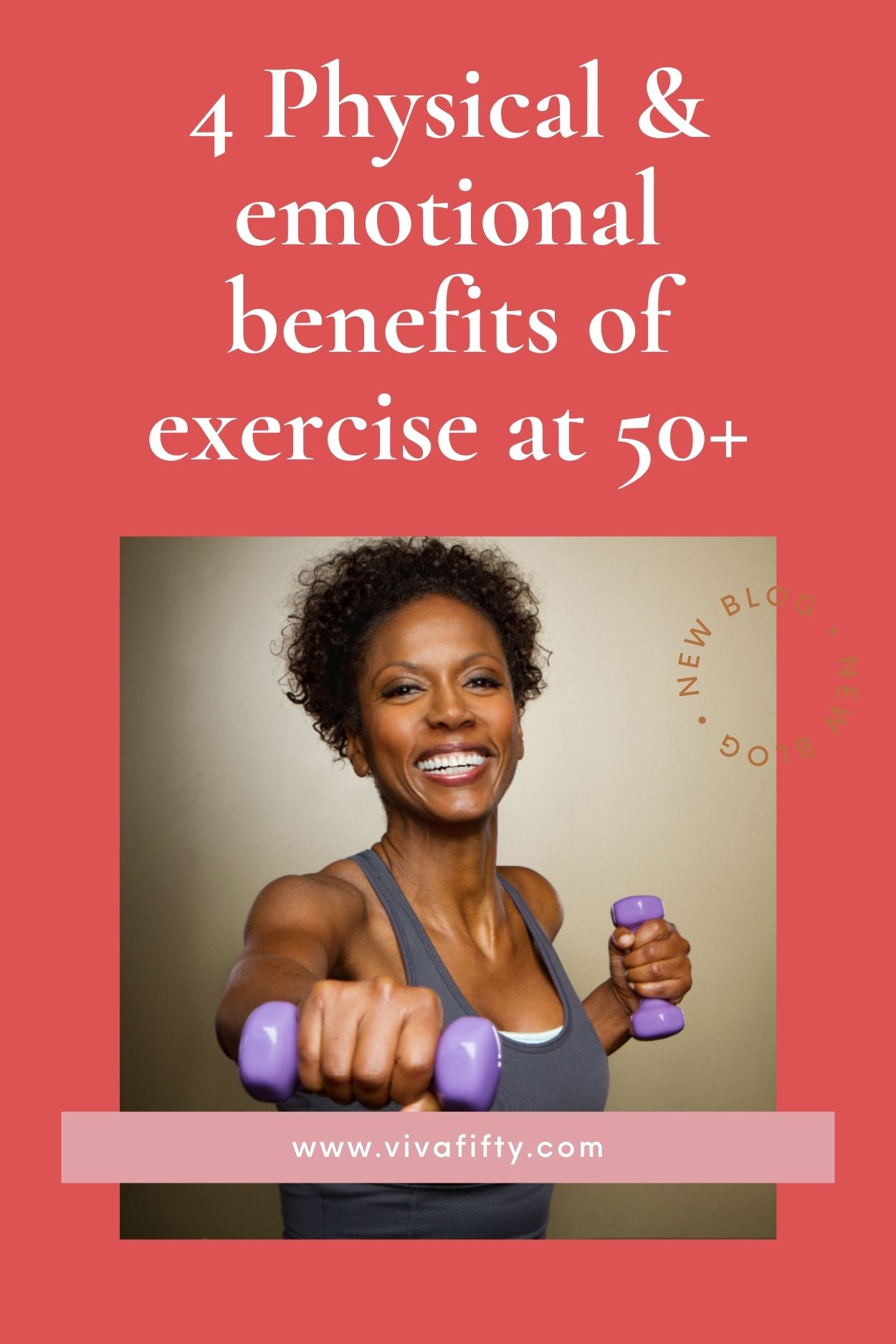

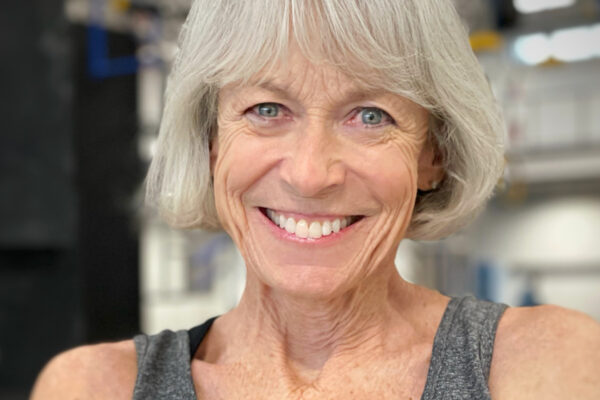
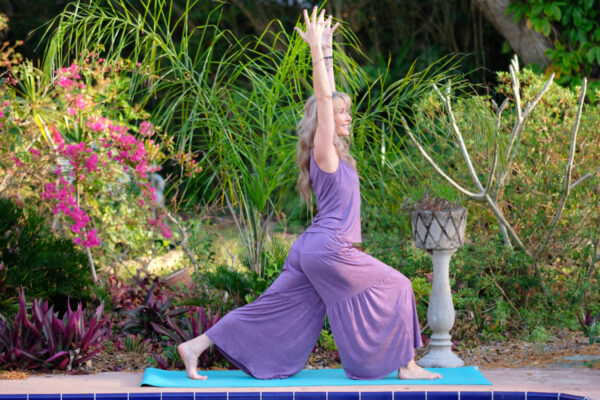

Leave a Reply